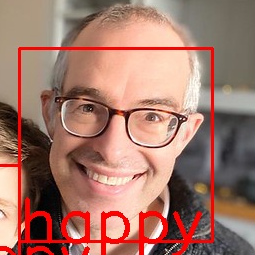Here are a couple of recommendations, if you are keen to read up about cognitive neuroscience and other relevant topics in the run-up to coming to Nottingham.
Textbooks
There is no official course textbook, although I can highly recommend Huettel, Song & McCarthy - Functional Magnetic Resonance Imaging as a resource that will stay with you for many years. It’s not a cheap book, but there are plenty of second hand versions around (and previous editions will also work ok!)

If you are after a more general cognitive neuroscience textbook, have a look at Purves - Cognitive Neuroscience, although there are many other really good texts out there. Again, there are plenty of 2nd hand copies floating around.

For fun, informal reading that I really enjoyed over the last many years, look at books by eg Oliver Sacks and various others well-known authors. Have a look at this medium article for some inspiration!
Brushing up on your maths skills, computing, etc.
Many of you will be very comfortable working with computers in general, but our course also introduces everyone to ideas in computer programming (we use Matlab for this) and some more technical ideas around how to think of and analyse data.
If you feel like working on your skills in this area you can have a look on youtube
Some ideas (although definitely not a requirement)
-
If you have never thought about scripting or programming, you could look at this Coding Train playlist, which introduces basic ideas like variables, loops, conditional statements, etc. It makes use of a fun library good for creating images and art - and even though it’s JavaScript all the ideas will translate into what we do on the course.
-
Linear Alebgra on Khan Acadmy. If you have done Maths A-level of equivalent, you might find this interesting.
-
The Oxford group run an excellent course on their software, FSL, and some of the lectures are really super-useful and clear. Feel free to dip into their online materials on youtube
Anything else you find interesting!
If you are really interested in particular parts of neuroscience…. language, memory, perception – just have a look around and see what you can discover!
